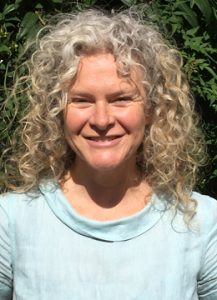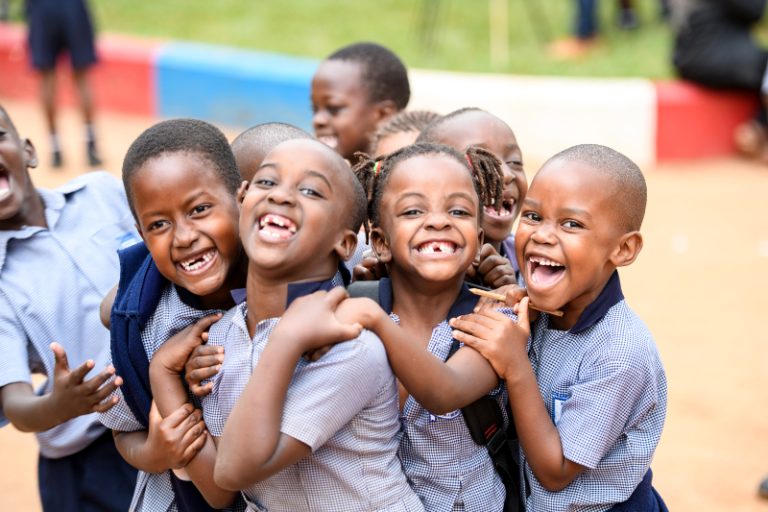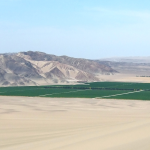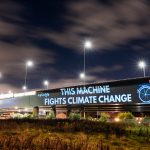
By Dr Samantha Ross, International Programme Director at Link Education International
The climate emergency is the most significant intergenerational equity issue of our time. The urgency of climate action applies to everyone, as it has far-reaching and devastating consequences.
One such consequence is the impact that changing weather patterns and increased natural disasters are having on education. As weather patterns change and traditional farming methods are less reliable, many families face the tough choice of being unable to afford to send their children to school. Increased cases of flood and drought affect infrastructure and children’s health, leading to missed school days. Girls and the most marginalised in communities are the worst affected, many being forced into early marriage or otherwise being left behind. Recent data shows that this year 4 million girls are unlikely to complete their education as a result of climate change, rising to 12.5 million by 2025 if we do nothing.
Climate change is just one part of a complex picture preventing children from learning. The United Nations recently declared an ‘emergency’ in global education as millions of students struggle to return to school or catch up on missed learning from the COVID-19 pandemic. Even before this, crucial targets for realising every child’s right to a quality education were being missed and a whole generation risks being left behind.
While the climate crisis is exacerbating these existing deep-rooted challenges, evidence has shown that education is crucial in building the knowledge, skills, attitudes and behaviours needed for climate adaptation, engaging in and developing climate policies, supporting the green economy and encouraging individual environmental and social responsibility.
Today’s theme at the COP26 conference is Gender and Science & Innovation. It is the perfect opportunity to explore how investing in education can be a cost-effective, far-reaching and practical contribution to addressing where we find ourselves.

Here at Link Education, we are adapting our programmes to ensure that sustainability and the climate emergency are effectively addressed. There are three main areas of focus:
Education for Sustainable Development
We’re helping schools to support pupils and their parents to learn sustainable practices. That means we enable schools to welcome all children so they can learn and thrive; we help create curricula that are relevant to livelihoods (e.g. financial literacy) and essential life skills (such as decision-making and self-esteem); and we engage communities to support education for all children. In the future, we will incorporate additional green and sustainable activities like supporting nature clubs in schools and developing school-community gardens and woodlots.
School Improvement Planning
Helping schools to plan and manage continuous improvement through data collection is a cornerstone of Link’s work. We are updating our work to include a greater focus on developing a sustainable school environment, and engaging the school community to support the building of resilience and adaptation to meet new challenges. We’re also providing disaster management tools, guidance and training, so that school communities can monitor progress on sustainability and minimise the risks of disruption from extreme events.
Girls’ Education
We are proud of our focus on supporting girls to get a quality education. Not only do girls have a right to learn, but educated, confident girls can better help communities to prepare, reduce, adapt and respond to climate-related risks. We’ll continue to champion and support girls in their learning and are committing to building environmental and sustainability concerns into our existing work.
To learn more about how Link is building resilience to climate change, check out our paper detailing our approach.






